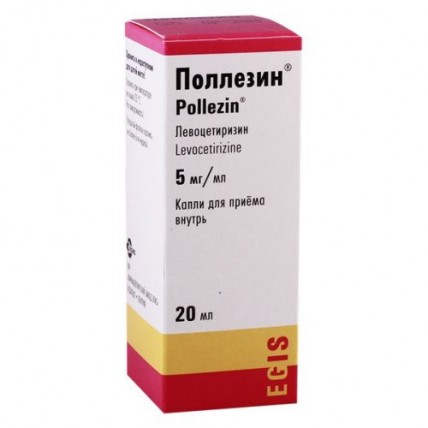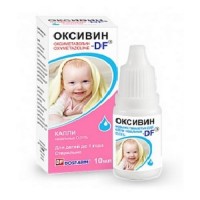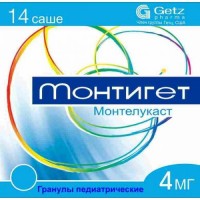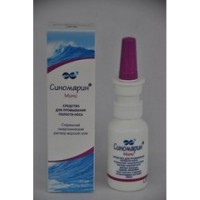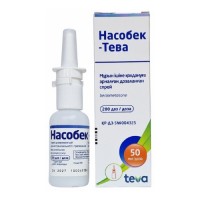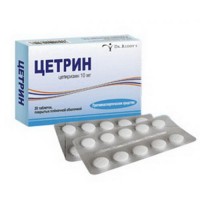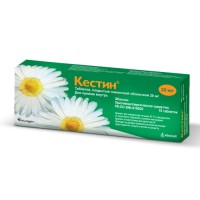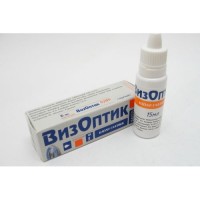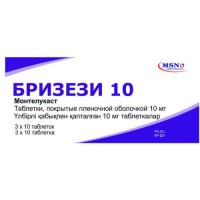Pollezin® (Levocetirizine) Oral Drops, 20 ml
- $26.00
What is Pollezin® (Levocetirizine) Oral Drops?
Pollezin® is an antihistamine medication used primarily to treat symptoms of allergic conditions such as allergic rhinitis (including persistent allergic rhinitis) and chronic idiopathic urticaria (hives).
The active ingredient in Pollezin® is Levocetirizine, which works by blocking histamine, a substance in the body that causes allergic symptoms.
Pollezin® comes in the form of oral drops, making it easy to administer, especially for children aged 2 years and older.
How Does Pollezin® Work?
Levocetirizine, the active component of Pollezin®, belongs to the piperazine derivatives class and is known for its effectiveness in reducing allergy symptoms like runny nose, sneezing, itching, and hives.
It is a potent and selective inhibitor of the H1 histamine receptor, which helps prevent the action of histamine, thus providing relief from allergic reactions.
When Should You Use Pollezin®?
Pollezin® is recommended for the symptomatic treatment of:
- Allergic rhinitis: This includes both seasonal and perennial types, offering relief from symptoms like a runny nose, nasal congestion, and sneezing.
- Chronic idiopathic urticaria: This refers to ongoing hives with no known cause, where Pollezin® can help reduce the severity and frequency of hives.
How to Take Pollezin® Oral Drops?
For Adults and Adolescents (12 years and older):
The recommended daily dose is 5 mg, which equates to 1 ml of the oral drops or 20 drops. This dosage should be taken once a day.
For Children aged 6 to 12 years:
The same dosage of 5 mg (1 ml or 20 drops) is recommended once daily.
For Children aged 2 to 6 years:
The recommended dose is 2.5 mg daily, divided into two doses of 1.25 mg each (0.5 ml or 10 drops each time).
Pollezin® is not recommended for children under 2 years of age due to a lack of sufficient data on safety and efficacy for this age group.
What Are the Possible Side Effects of Pollezin®?
Common side effects may include drowsiness, fatigue, dry mouth, and in some cases, headache. It is important to note that while most users do not experience serious side effects, a few may encounter symptoms such as dizziness, agitation, or gastrointestinal disturbances like nausea.
Are There Any Special Precautions?
- Alcohol Consumption: Pollezin® may enhance the effects of alcohol, leading to increased drowsiness or dizziness. It is advisable to avoid or limit alcohol intake while using this medication.
- Operating Machinery or Driving: Due to potential drowsiness, users should be cautious when engaging in activities that require full alertness, such as driving or operating machinery.
- Kidney Function: Dosage adjustments may be necessary for individuals with impaired kidney function. It’s important to consult a healthcare provider to determine the appropriate dose.
How Should Pollezin® Be Stored?
Store Pollezin® in a cool, dry place at a temperature not exceeding 25°C (77°F).
Avoid freezing the medication, and once the bottle is opened, it should be used within 6 weeks.
Keep it out of reach of children to prevent accidental ingestion.
What to Do in Case of an Overdose?
If an overdose is suspected, symptoms may include excessive drowsiness in adults and agitation followed by drowsiness in children.
Immediate medical attention is recommended.
Supportive treatment and gastric lavage may be considered, but there is no specific antidote for Levocetirizine.
